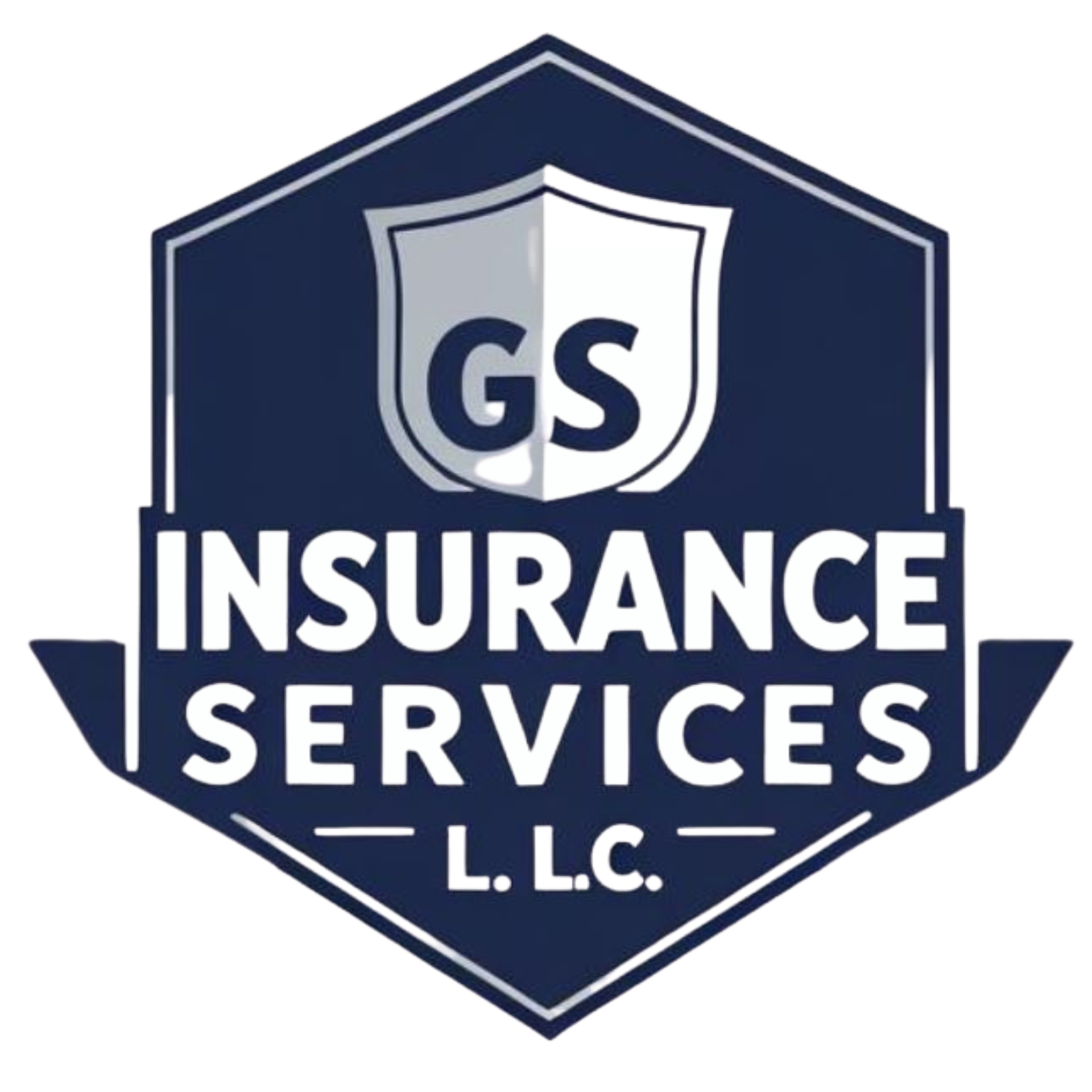Safeguarding Your Projects: A Deep Dive into Contractor All Risk (CAR) Insurance
Construction projects, whether large-scale infrastructure developments or smaller building constructions, are inherently exposed to a multitude of risks. From unforeseen accidents and natural disasters to material damage and third-party liabilities, a single incident can lead to significant financial setbacks and project delays. Contractor All Risk (CAR) insurance is a comprehensive solution designed to protect contractors and project owners against these diverse risks.
GS Insurance Services L.L.C. provides specialized CAR insurance solutions that cover construction projects from their commencement until completion and handover.
Understanding the Scope of CAR Insurance
Contractor All Risk (CAR) insurance is a comprehensive "all risks" policy that provides protection for construction projects during their entire duration, from the moment work commences until the project is completed and handed over. Unlike named perils policies that only cover risks explicitly listed, CAR insurance covers any sudden and unforeseen physical loss or damage unless specifically excluded in the policy wording. This broad coverage makes it an indispensable tool for managing the complex risks associated with construction.
Key Sections of CAR Insurance Coverage:
Section 1: Material Damage
This section primarily covers physical loss or damage to the contract works. This includes:
- Contract Works: Covers the value of the actual construction work, such as buildings, roads, bridges, and materials on site. This protects against damage to the structures being built.
- Construction Plant and Machinery (CPM): Covers machinery and equipment used in the construction process (e.g., excavators, cranes, bulldozers). This is crucial as these assets are expensive and vital for project progress.
- Contractor's Plant and Equipment: Covers smaller tools and equipment owned by the contractor that are essential for daily operations.
- Temporary Works: Includes coverage for temporary structures necessary for the project, like scaffolding, hoardings, and temporary offices.
- Existing Property (if specified): Damage to existing structures or property near the new construction site caused by the construction activities. This extension is vital when working near occupied buildings.
- Debris Removal: Covers the costs associated with clearing debris and rubble after an insured loss, which can be substantial.
- Professional Fees: Compensates for fees of professionals like architects, surveyors, or consulting engineers required for re-designing or supervision necessitated by an insured loss.
Section 2: Third-Party Liability
This section is crucial for protecting against liabilities arising from the construction activities that affect third parties. It covers legal liability for:
- Bodily Injury: Accidental bodily injury or death to third parties (individuals not involved in the project, e.g., passersby, visitors) caused by your construction operations.
- Property Damage: Accidental damage to third-party property (e.g., adjacent buildings, vehicles, utilities) as a result of the execution of the contract works.
Who Needs CAR Insurance and Why is it Essential?
CAR insurance is crucial for any party involved in a construction project, including:
- General Contractors and Sub-contractors: To protect their investment in the project and their liability arising from their operations.
- Project Owners/Principals: To safeguard their significant investment in the project from start to finish.
- Developers: Especially important for large-scale developments where multiple risks are involved.
- Financial Institutions: Lenders often require CAR insurance as a condition for financing construction projects, ensuring their investment is protected.
It's essential because construction sites are dynamic environments with high risks. A single unforeseen event can lead to enormous financial losses, project delays, and legal liabilities. CAR insurance provides a single policy to cover these diverse exposures, simplifying risk management.
Important Extensions and Add-ons to Consider:
Depending on the nature and complexity of the project, several extensions can be added to a basic CAR policy for enhanced coverage:
- Maintenance Period Coverage: Extends coverage for losses occurring during the Defects Liability Period (DLP) after project completion, covering issues that arise during the maintenance phase.
- Design Defects: Coverage for losses arising from faulty design (often with specific conditions and limitations, as insurers typically exclude pure design errors).
- Cross Liability: Important for joint ventures or multiple insured parties, covering liability between the insured parties themselves.
- Professional Indemnity: While often a separate policy, sometimes can be extended to cover liabilities arising from errors or omissions in professional services (e.g., design, supervision).
- Advanced Loss of Profits (ALOP) / Delay in Start-up (DSU): Covers the loss of anticipated profits or revenue due to delays in project completion caused by an insured peril.
- Extended Maintenance Period: Provides coverage beyond the standard maintenance period, if required by contract.
- Off-site Storage/Transit: Coverage for materials stored away from the construction site or during transportation to the site.
Factors Influencing CAR Premiums:
Premiums for CAR insurance are assessed based on several key factors:
- Total Contract Value: The overall cost of the construction project, including materials, labor, and equipment.
- Nature of Construction: The type of project (e.g., high-rise buildings, bridges, tunnels) and its inherent risks significantly impact the premium. High-risk operations (e.g., tunneling, blasting) will have higher premiums.
- Duration of Project: Longer projects generally incur higher premiums due to extended exposure to risks.
- Contractor's Experience and Safety Record: Reputable contractors with a strong track record of safety protocols and fewer past claims may benefit from lower rates.
- Location of Project: Geographical risks like seismic activity zones, flood plains, or areas prone to social unrest can influence the premium.
- Sum Insured for Third-Party Liability: The chosen limit of indemnity for potential third-party claims.
- Deductibles/Excess: A higher deductible (the amount you pay out-of-pocket before insurance kicks in) can lead to a lower premium.
Contractor All Risk insurance is an indispensable tool for managing the complex risks associated with construction projects. By securing a robust CAR policy, contractors and project owners can proceed with confidence, knowing their investment and liabilities are adequately protected. GS Insurance Services L.L.C. offers specialized expertise in construction insurance, helping you tailor the perfect CAR policy for your next project in the UAE. Contact us for a comprehensive consultation.
